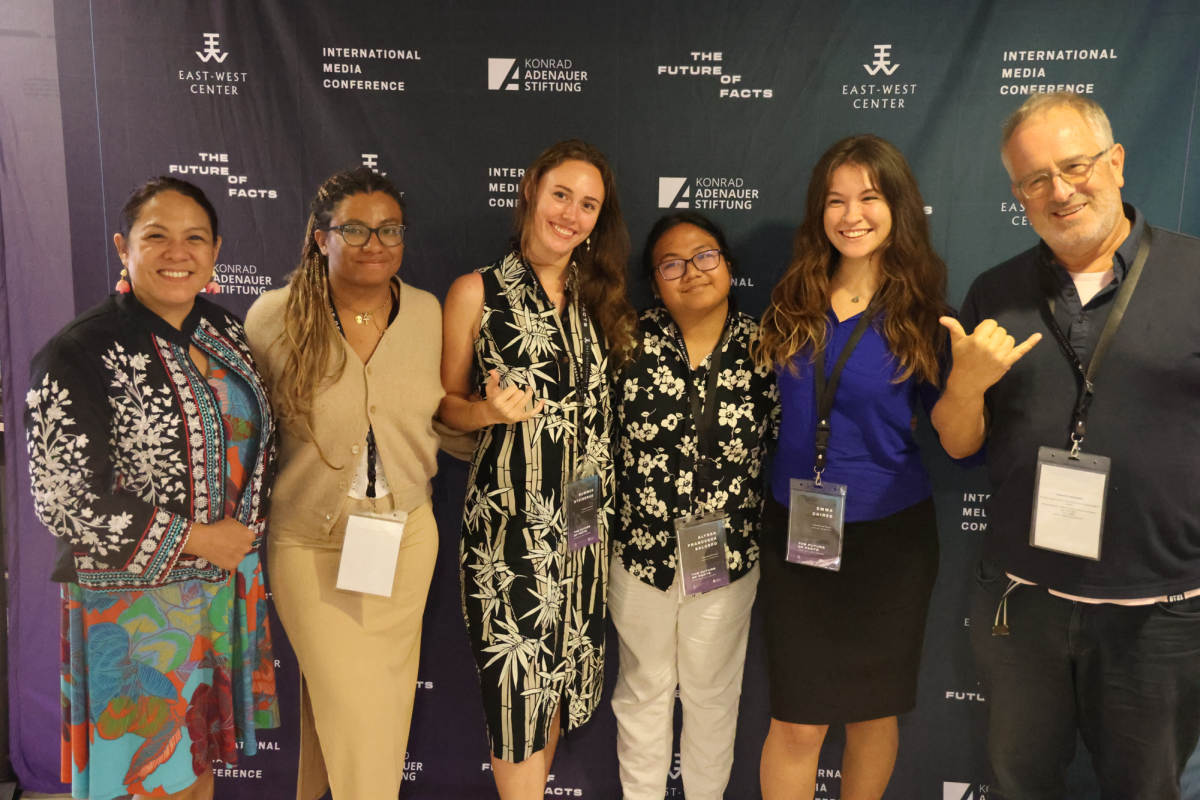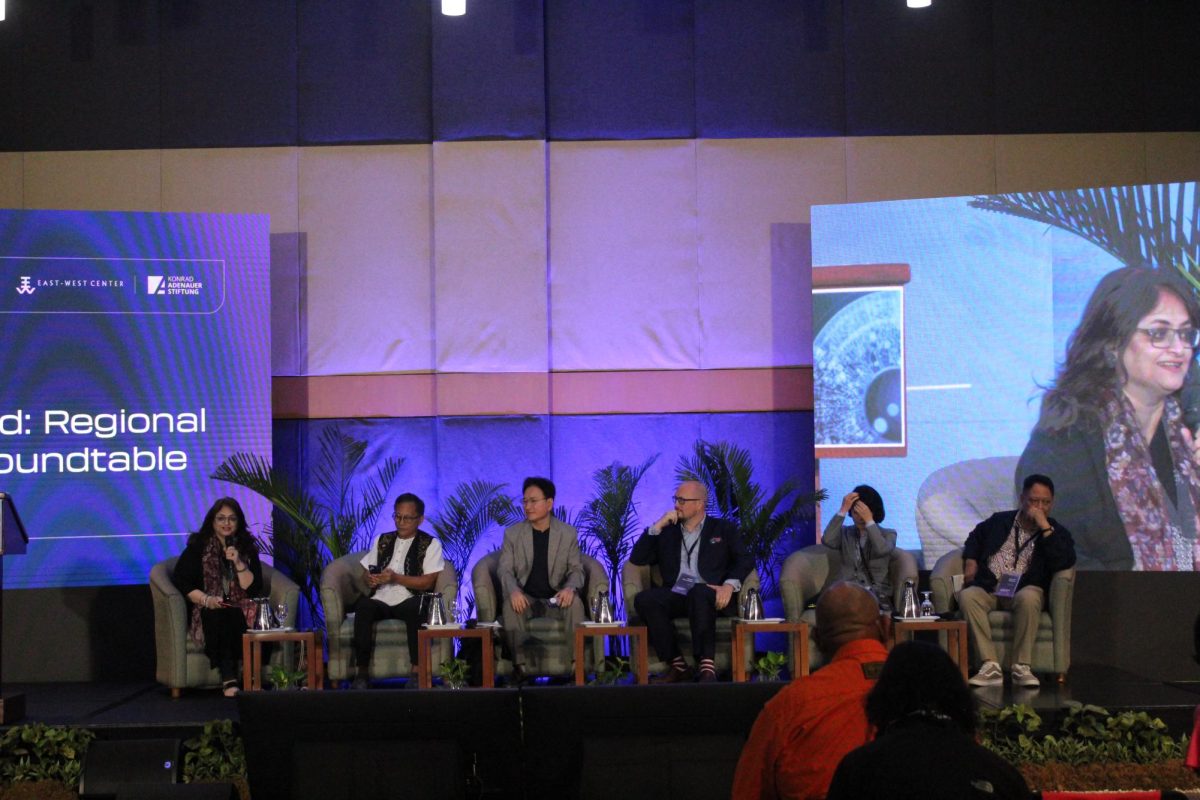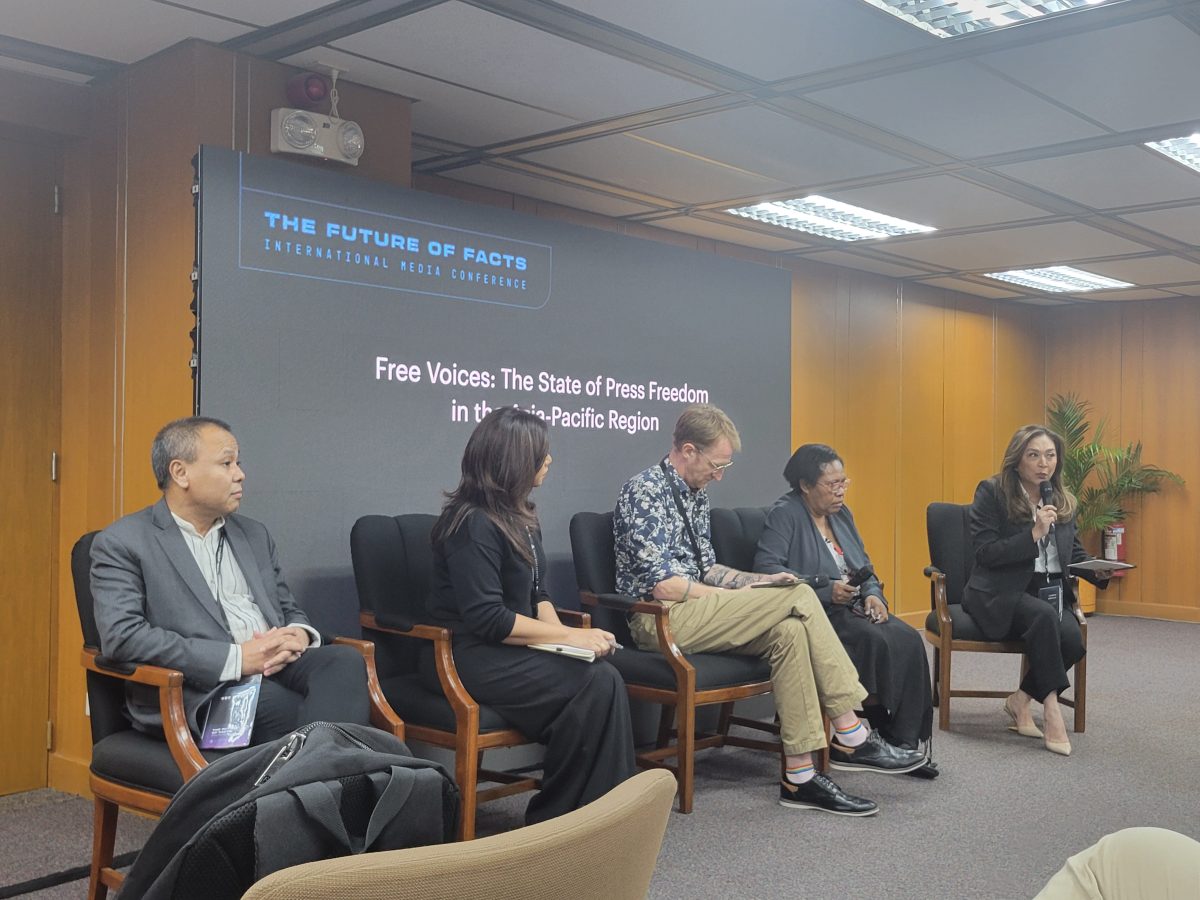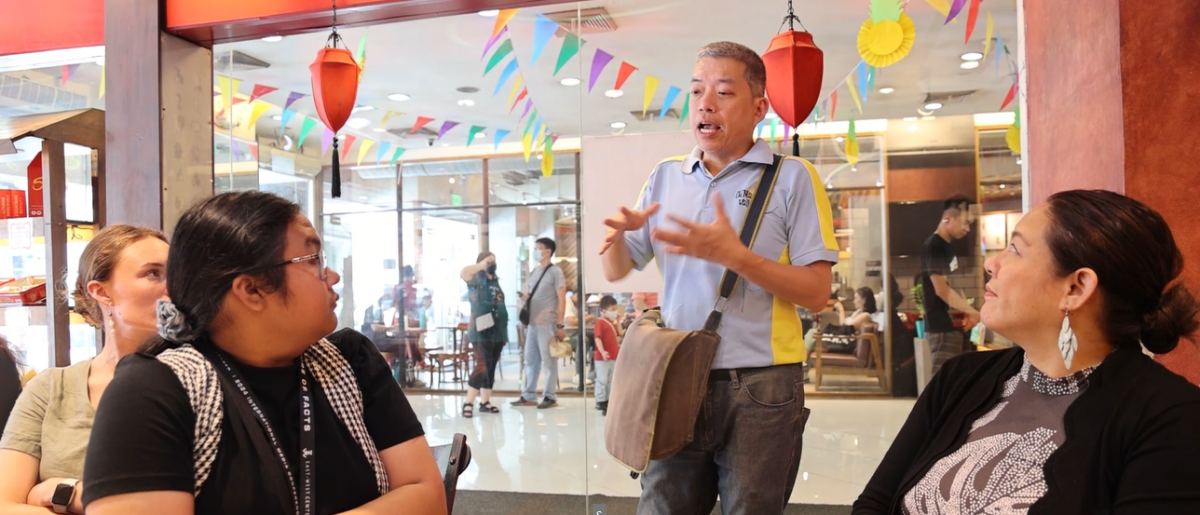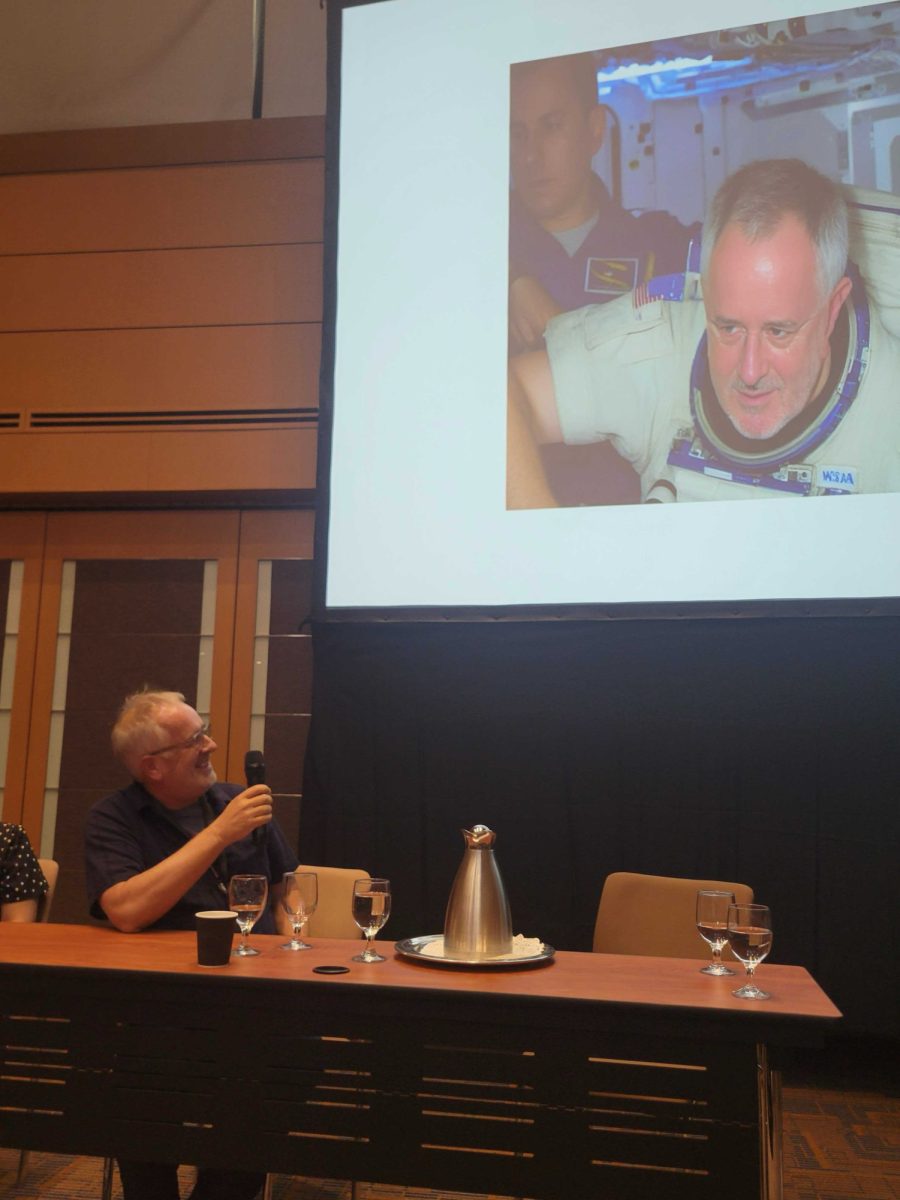The crime-reduction program “Safe and Sound Waikiki” is in its second year now, and the early results have been promising.
In the Waikiki Business Improvement District, where the program is targeted, police report reductions in robberies (35%), burglaries (32%), car break-ins (31%), criminal property damage (27%), theft (6%) and assault cases (4%).
The program — a collaboration among the Honolulu Department of the Prosecuting Attorney, the Honolulu Police Department and several community groups — focused first on keeping “geographically restricted” people, meaning people banned from the area due to criminal behavior, out of the area, said Ryan Yamamoto, a District 6 (Waikiki) community policing team officer.
“Some of the regular folks that we’ve dealt with, that have been difficult or used to commit a lot of crimes in our district, we don’t see them too often anymore,” Yamamoto said. “I think they are starting to understand that it is zero tolerance.”
While the first year emphasized the “safe” idea, the second year has directed attention toward the ‘sound’ part that tackles homelessness and mental health issues, Yamamoto said, as these are considered drivers behind criminal behaviors.
The Waikiki Business Improvement District, in that case, brought in the Institute for Human Services to help.
“We now have a dedicated case coordinator, who focuses specifically on Waikiki, and that really amped up the amount of individuals that we’re able to provide outreach and mental health support for here in the district,” said Katie Kaahanui, executive coordinator of the Safe and Sound Waikiki program.
There are also dedicated mental health practitioners who provide medication and health evaluations as a part of this effort, Kaahanui said. Outreach includes reducing barriers that homeless individuals and those suffering from mental illness have to face. Just since November, Kaahanui said, healthcare and social workers have placed 15 people into housing, and 120 people received mental health services.
“We can provide assistance,” Kaahanui said, “whether it is getting connected to EBT cards, social security IDs, a lot of those are barriers to get into housing or to get into employment.”
Within the past few weeks, HPD certified 21 bike patrol officers in addition to the regular car patrol officers, hoping to deter more crime in the area as well.
“We are trying to have a lot more officers just for visibility’s sake out there along Kuhio beach,” Yamamoto said, “all along the Kalakaua area.”



